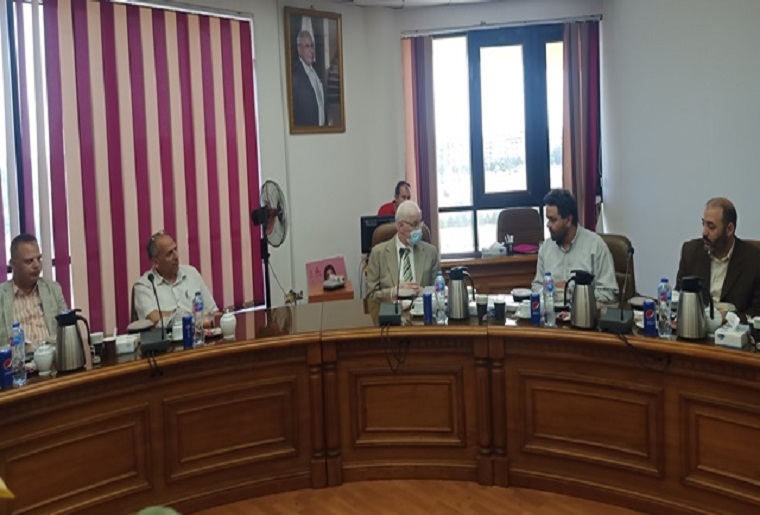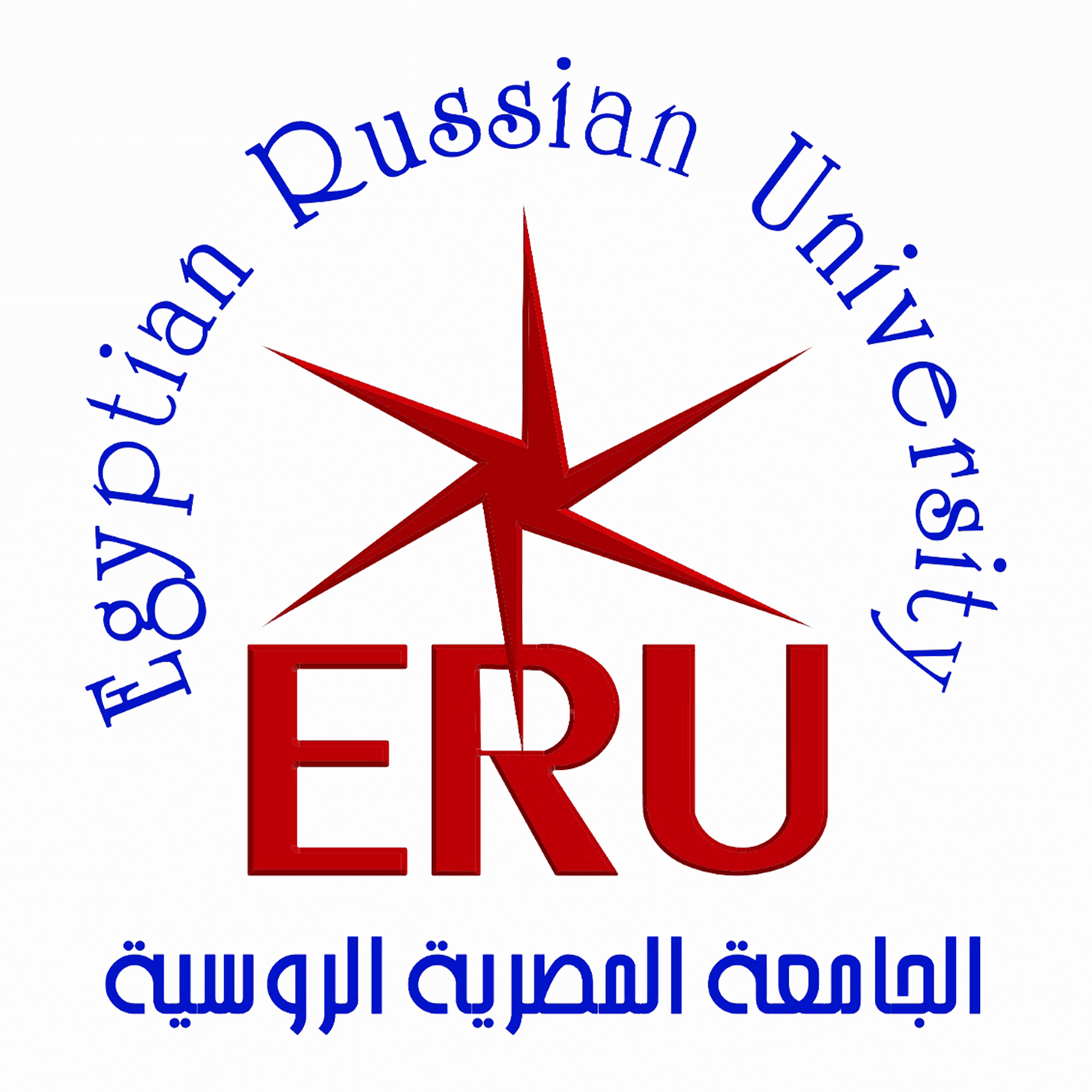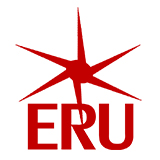
The details of the launch of the Egyptian-Russian University satellite laboratory in cooperation with the Egyptian Space Agency…
Prof. Sherif Fakhri Mohamed Abdel Nabi, President of the Egyptian-Russian University, announced that the “Educational Satellite Laboratory” was inaugurated on campus in the Faculty of Engineering in cooperation with the Egyptian Space Agency (EgSA), under the auspices of Dr. Mohamed Al-Qoussi, President of the EgSA, and with the support of Dr. Mohamed Kamal Mustafa, Chairman of the University’s Board of Trustees. He pointed out that the “educational satellite” was delivered for the scientific and practical training of engineering students in the departments of “Communications” and “Mechatronics and Robotics.” This is based on the protocol signed between the university administration and the EgSA.
In the same context, Prof. Dr. Alaa Al-Batsh, Dean of the Faculty of Engineering at the Egyptian-Russian University, confirmed that the lab provides students with an opportunity for practical training in the field of “space technology” and helps them explore the main concepts of electronic systems design and all associated tools. He explained that a memorandum of understanding was signed with the EgSA in November 2019, and a protocol of cooperation was signed in February 2021, in order to cooperate in the field of space and satellite engineering and technology. This is part of the University’s plan to build capacity in the field of space science and remote sensing through cooperation with specialized institutions both in Egypt and in Russia with the aim of establishing a center of excellence in the field in preparation for the establishment of a study program in this strategic specialization. He further explained that the aim of the cooperation with the EgSA is to provide space science and technology to the University’s students, faculty, and researchers.
For his part, Professor Dr. Fikri Al-Mozami, Vice Dean of the Faculty of Engineering for Student Affairs at the Egyptian-Russian University and Professor in the Department of Communication Engineering at the Faculty of Engineering, added that the “Educational Satellite Laboratory” helps qualify the students of the Faculty of Engineering to become cadres with real skills aligned with “Egypt Vision 2030” to advance the aerospace science industry. He explained that this laboratory also allows graduate students to get practical training skills in the field of space science, especially electronic system design specialties.
Dr. Ahmed Siddiq, from the Department of Communication Engineering at the Faculty of Engineering, pointed out that the “satellite” of the Faculty of Engineering was delivered and the laboratory was installed on the university campus by the delegation of specialists of the EgSA. It was also tested and all the questions and inquiries of the faculty members were answered by the EgSA representatives.
In the same topic, Dr. Shaimaa Mustafa Gaber, Head of Communications at the Faculty of Engineering at the Egyptian-Russian University, explained that during the launch of the “Educational Satellite Laboratory”, the satellite was operated and some simplified guidance on its possibilities was given until the training is completed within the EgSA for a number of faculty members and assistants. She noted that the “Educational Satellite Laboratory” is a model that simulates the real satellite but aims at education and training. It was tested by the EgSA before the Faculty received it.
In a related context, Dr. Tamer Saleh, Teacher in the Department of Communications and General Supervisor of the laboratory and training at the Faculty of Engineering, revealed that the “Educational Satellite Laboratory” includes a dynamic vibrator that can simulate all kinds of vibrations to which the satellite is exposed during the operation and launch process. It can be used in training and rehabilitation courses organized by the EgSA individually or jointly with the university. He noted that the educational satellite can make a range of measurements, including temperature, light intensity, and communication between the electronic panels of the satellite alone and between the satellite and the ground station.
At the end of the ceremony of the delivery of the laboratory, Dr. Sherif Fakhri Mohamed Abdel Nabi, handed the University Shield to the EgSA, in honor of its efforts and active role in promoting the “field of space science” and serving the academic education file and the Egyptian society issues in communication technology and remote sensing, in addition to the EgSA’s great contributions in achieving the requirements of the modern era and practical and scientific training for the academic student.
The delivery of the “Educational Satellite Laboratory” on campus was attended by the delegation of the EgSA, consisting of Eng. Wassim Hossam Issa, Head of the Satellite Data Reception Station Group, Eng. Ahmed Ezz, First Engineer of Satellite Assembly at the AIT Center, Eng. Aya Abu El-Seoud, Senior Engineer in the Satellite Functional Tests Group, and Mr. Tharwat Morsi, Official of the Experimental Satellite Assembly Laboratory.







 Total Users : 336793
Total Users : 336793 Total views : 708514
Total views : 708514 Who's Online : 0
Who's Online : 0 Your IP Address : 18.225.195.154
Your IP Address : 18.225.195.154